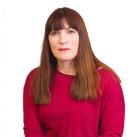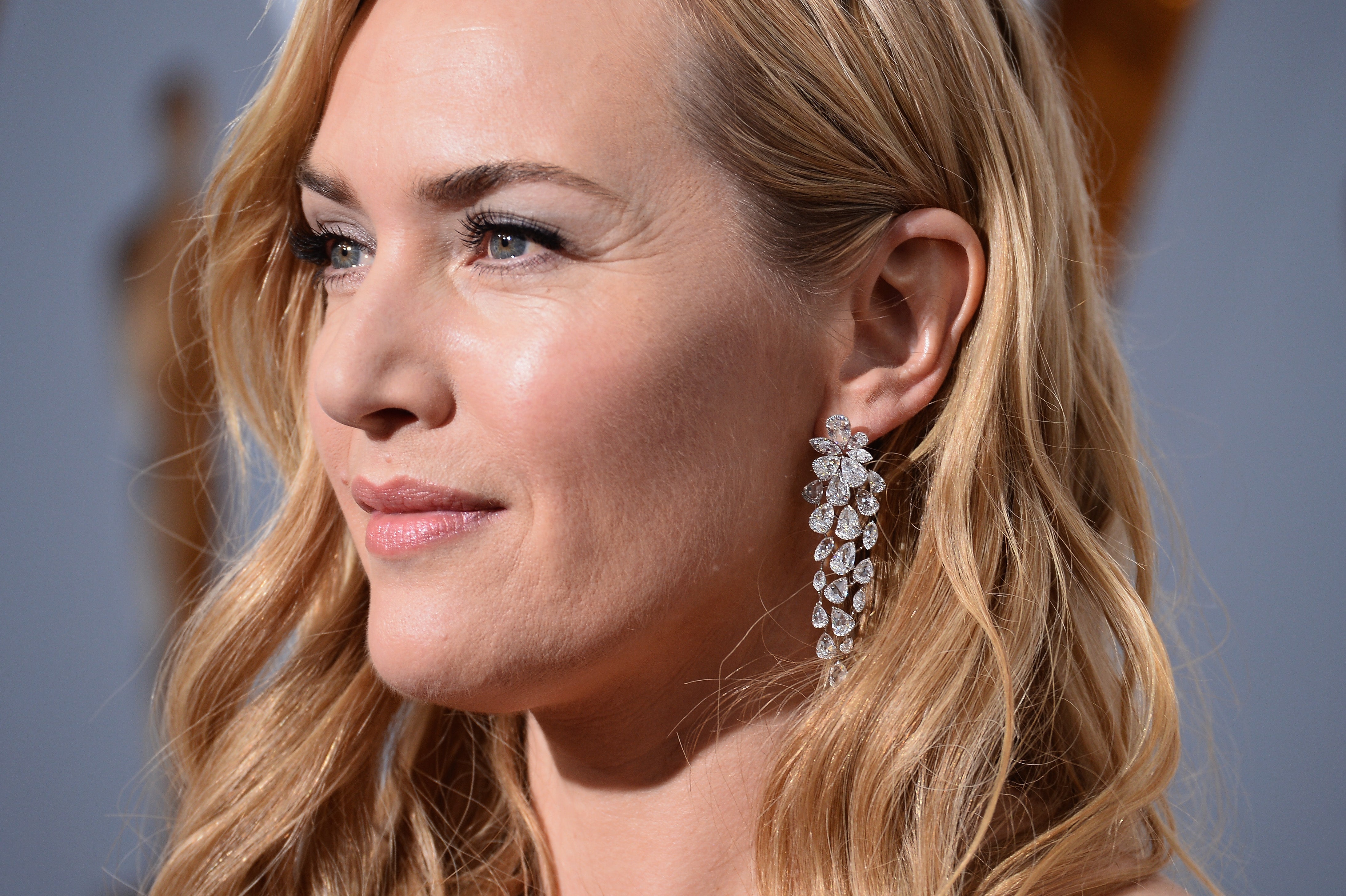Why are older women still underrepresented at the TV Baftas?
A woman’s talent isn’t dependent on a calendar. Today’s most in-demand young actress is tomorrow’s unemployed middle-aged actress


There’s a lateral-thinking question which highlights our unconscious bias in terms of women. It tells the story of a man whose son has been involved in a serious accident and taken into theatre. The surgeon on call explains to the terrified father that it’s impossible for them to operate as the young man is in fact the surgeon’s son. The big reveal is that the surgeon is a woman.
I have a lateral-thinking problem of my own, part of my Acting Your Age Campaign which is calling for equal representation of men and women on screen, on stage and in wider media, because when most people imagine discrimination and exclusion of women in our cultural lives, they imagine the women involved are young.
I launched the campaign four years ago and have been trying to get the issue featured in news and current affairs programming ever since. All issues regarding women’s representation, from instagram filters and unrealistic images, to slut shaming, fat shaming and lesbian representation to disability representation and race and ethnicity exclusions, through to trans women in sport and single-sex spaces, finds a home in media.
But despite being a prominent feature of the list of protected characteristics, age, or rather the age of older women particularly, doesn’t seem to be an important factor when guests and panels or contributors are chosen. When it comes to leading women on screen, men over 45 and women over 45 aren’t seen as part of the 50:50 monitoring.
I’ve repeatedly asked that we rethink the mantra that there is “young women news and no women news” – and sadly, I have been repeatedly ignored.
Last year, the Baftas couldn’t find a single woman over the age of 38 for their leading TV actress category. Despite a beautifully diverse line-up of actors, all of them were under 38. In the men’s equivalent category, however, there were two men over the age of 45.
When I did a deep dive of the TV awards over the previous 21 years, the average age of nominees in that category had fallen from average age 52 to an average age 32. In the men’s leading TV actor category, the average age of nominees had fallen too, but only from age 48 to age 45, which means that men can continue to work comfortably within their playing age, and women can’t.
I met with Bafta and they agreed, as is often the case, that this is a problem in the industry.
This year, I was gratified to see that the same thing hasn’t happened again with the nominees for the leading TV actress category. Unfortunately, in the leading TV comedy actress category, once again no woman over the age of 38 has been nominated, and that isn’t the case in the same category for men.
To that end, and following some pretty grim conversations I’ve had with commissioning editors, producers, broadcasters, organisations and unions over the four years of my campaign, last week I launched my 10 key Acting Your Age Campaign aims, a list for broadcasters, productions companies, commissioning editors and news producers, which offer solutions and keep gender parity in terms of women’s age on a par with their male colleagues.
It’s what I call a parity pledge, one which several notable male actors have signed up to and one that needs to happen because ageism targeting women is an entrenched industry staple.
A woman’s talent isn’t dependent on a calendar – and this certainly isn’t the case for men. Today’s most in-demand young actress is tomorrow’s unemployed middle-aged actress.
To keep up to speed with all the latest opinions and comment, sign up to our free weekly Voices Dispatches newsletter by clicking here
The parts offered to older women are too often so narrow and stereotypically negative as to be stigmatising in and of themselves. We don’t need yet another older mother with no sense of humour, or entrenched in bigotry like unredeemed homophobia, or being the apparent “cause” of her daughter’s mental health issues.
The patriarchal favouring “saintly father” and the matriarchal stigmatising “monstrous mother” is a tired and boring misogynistic trope that’s used as a source of conflict.
All broadcasters, now trying to compete with the streaming giants, need to attract viewers. Only chasing a youth demographic – who don’t tend to consume media in the traditional way and eschew TV channels anyway – seems counterintuitive and counterproductive.
Broadcasters and news media all need to remember that with many conversations happening now around misogyny, some lateral thinking needs to happen. The big reveal here is that older women are women too.
Nicky Clark is a performer, filmmaker, podcast host and anti-ageism campaigner

Join our commenting forum
Join thought-provoking conversations, follow other Independent readers and see their replies